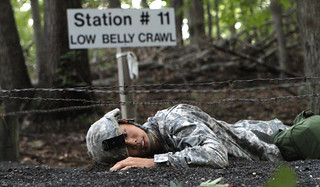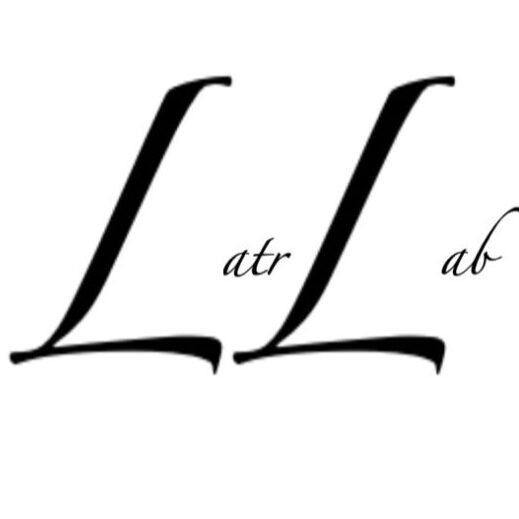
Individuals in modern societies live in a world in which evaluation is ubiquitous. More and more aspects of our performances are subject to informal and/or formal assessment. Everything from our health as infants, to our performance in schools as youngsters, our potential to benefit from higher education, and our capacity to contribute in the workplace is evaluated.
On this journey we will examine the social dimensions of the development and operation of different kinds of evaluation systems in modern societies. The journey is divided into an introduction and four projects.
Major topics include the social, political, and intellectual contexts for evaluation, the institutional bases of evaluation activities, the social settings in which evaluation takes place, and the effects of evaluations on individuals and groups.


